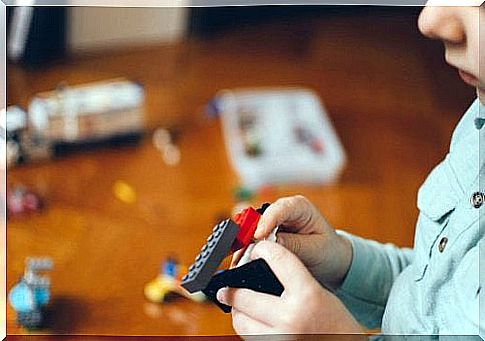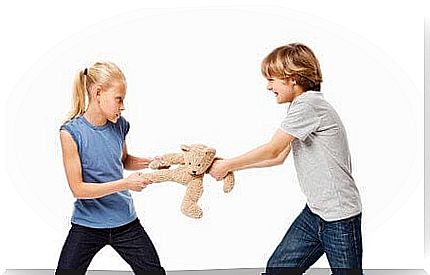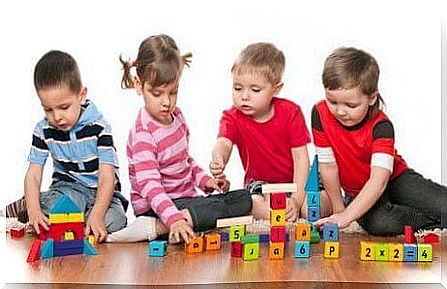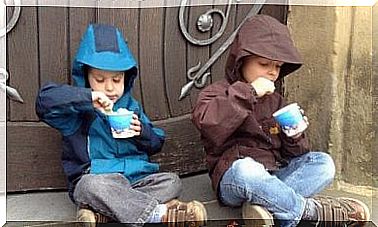Why I Don’t Want My Child To Share His Toys – Parenthood
In many schools and daycares there are rules about sharing, imposed by parents’ associations. But these standards, which aim to improve the atmosphere in the classroom, can sometimes lead to certain injustices.
What happens when these guidelines are taken to the extreme? What to do when our child’s freedom is restricted for the benefit of others? Finally, is sharing really always a good thing?
There are parents who sometimes do not know the difference between sharing and demanding. They believe that nothing can be denied to their child, ignoring the needs of other children. And that doesn’t teach them that the outside world will refuse them throughout their lives, and that not everyone will unroll a velvet carpet at their feet.
When sharing becomes toxic
In some cases, sharing can lead to harmful behavior. This happens because most of the time the parents do not communicate well with the child. Or they are taught either to submit to everything, or to demand whatever they want.
Submissive children

These are children who have not been taught to put the needs of others before their own. By behaving like this, they think the other children are going to want to be their friends. Unfortunately, most of the time they loan out their toys while they were playing with them and having fun.
At home, they have often been taught that they must share everything, without specifying that their own desires also matter. It is not fair that they have to give up something that they own and love in order to give it to whoever asks for it just because they want it.
In the adult world, a person like this would be considered submissive and weak. She would undoubtedly lose many opportunities in her professional, sentimental and academic life. In addition, it would undoubtedly be someone frustrated and dissatisfied with his life course, who would undoubtedly let himself be trampled by others.
Children must be taught not to give up what they like just to follow a rule. They have the same rights as others to refuse to do something and to have their needs listened to. Sharing is good, but knowing how to say “no” is just as good.
Selfish children
These children were educated only to defend their interests and their needs. It is great that they know how to assert their opinions, but it should not be done to the detriment of others. They must know that they cannot take what belongs to others just because they want to, much less hit them or insult them.
It is unfortunate that many parents encourage this behavior. For them, the fact that another child does not wish to share with theirs is an external lack of education. They only think about themselves, and whether their child shares or not is of secondary importance.
If these behaviors continue with parental surety, the child can turn out very badly. Indeed, those around them will not always be there to meet their needs and they will become someone selfish and narcissistic. These types of people can be very harmful and most often end up lonely and struggling in all areas of their lives.
To avoid this happening, parents must first change their behavior. Their child is not the center of the world and must learn to accept refusals. If you observe this kind of behavior in your home, you must solve the problem at the root. When you explain things well to children, they will not turn into toxic adults.
 In times of change, the future will belong to those who are open to learning, while those who believe they know everything will be well armed for a world that no longer exists.
In times of change, the future will belong to those who are open to learning, while those who believe they know everything will be well armed for a world that no longer exists.
– Eric Hoffer –
Is it bad for my child to share?
No, sharing is not a bad thing for your child. As we mentioned earlier, sharing is a good and healthy gesture that encourages friendship. The problem arises when the needs of the child and those of others are ignored. You should never let yourself be walked on by anyone to get what you want. The child must know that it is good to share, but that not all situations are suitable for it.










